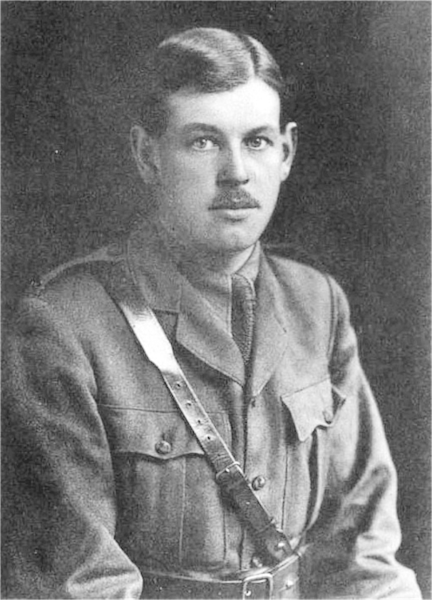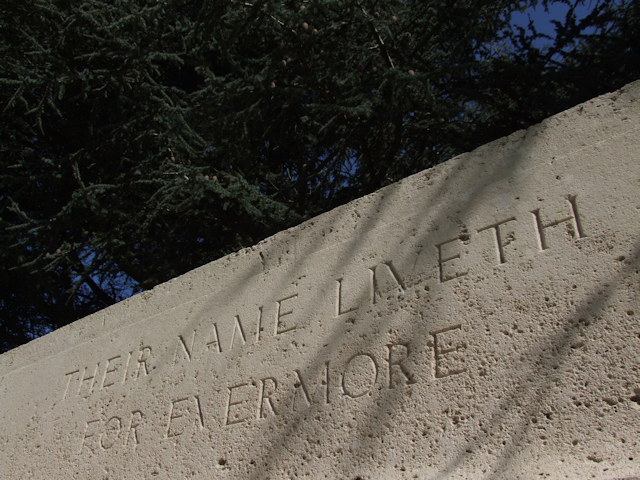Name
Hugh Francis Russell-Smith
11 Aug 1877
Conflict
First World War
Date of Death / Age
05/07/1916
28
Rank, Service Number & Service Details
Captain
Rifle Brigade
1st Bn.
Awards: Service Medals/Honour Awards
1914 /15 Star, British War and Victory medals
Cemetery/Memorial: Name/Reference/Country
ST. SEVER CEMETERY, ROUEN
Officers, A. 3. 10.
France
Headstone Inscription
No Report
UK & Other Memorials
Christchurch Memorial, Little Heath, Potters Bar, Little Heath & Bentley Heath Memorial, Potters Bar, All Souls Chapel Book of Remembrance, Potters Bar, Not aware of any North Mymms Memorials
Pre War
Wartime Service
Hugh was commissioned as 2nd Lieutenant 21 Jan 1915 from Cadet Serjeant Senior Division, Cambridge Officers Training Corps, Cambridge University. He was appointed to 6th (Reserve) Battalion, Rifle Brigade in April 1915. He went to France on 25 Oct 1915 and attached to 1st Battalion. Hugh was promoted to Captain in Jan 1916. The 1st Battalion, part of 11 Brigade, 4 Division, were to take part in the Battle of Albert (the opening Battle of the Somme).On the 1 Jul 1916 4 Division attacked the Redan Ridge at Beaumont Hamel. Heavy Casualties were suffered by the Battalion -20 Officers and 456 other Rank. Hugh was hit by shrapnel and although evacuated he died of his wound at No 2 British Red Cross Hospital, Rouen.
The Colonel of the 6th Battalion wrote :- “We shall all feel his loss very much. He had been doing splendid work with the 1st Battalion. I had a letter from the Colonel Commanding the 1st Battalion a short time ago recommending him for promotion and saying that he was a most capable Officer and in every way fit to command a Company.”
Acknowledgments
Neil Cooper
Martin Cope



